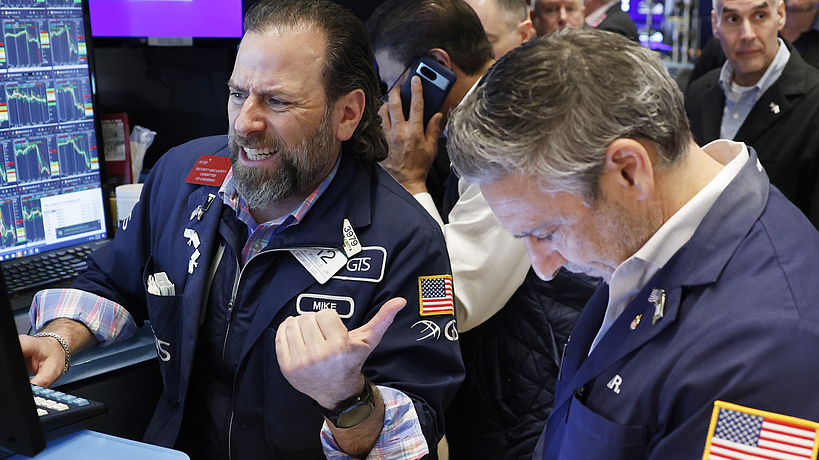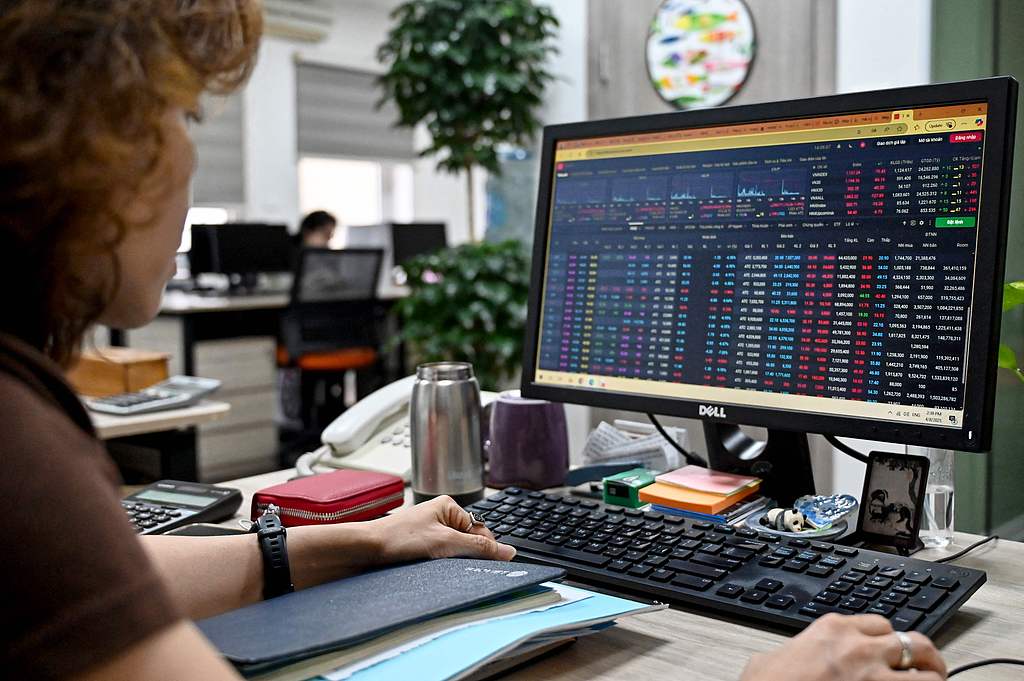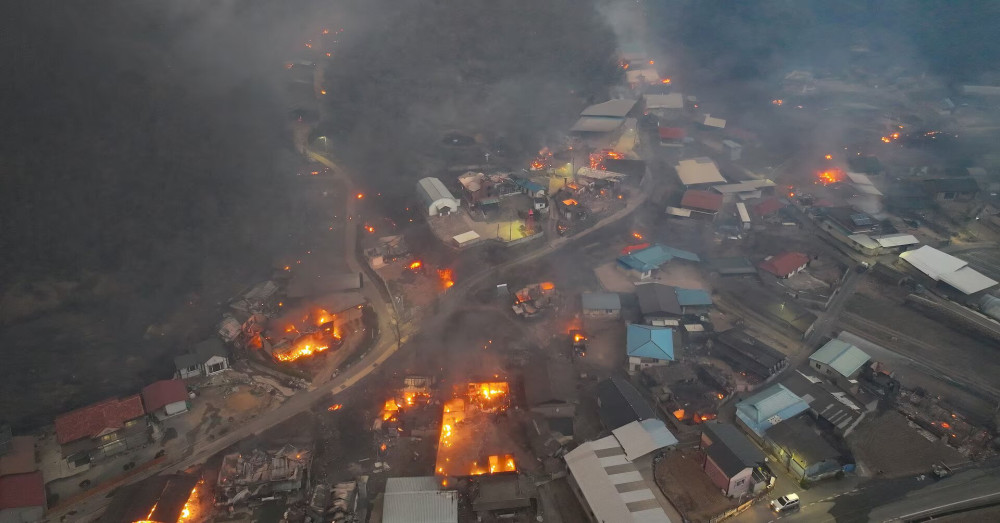Дэлхий дахинд
Солонгосын дуучин Гү Хара амиа хорложээ

Өмнөд Солонгосын k-pop урлагийн төлөөлөгч, дуучин Гү Хара өчигдөр орой амиа хорлосон байдалтай олдсоныг цагдаа нар мэдээлжээ. Үхлийн шалтгааныг бүрэн тодруулахаар ажиллаж байгаа гэнэ.
28 настай дуучин бүсгүйн цогцсыг Сөүлийн өмнөд Чёндам-дон дүүрэг дэхь гэрээс нь Ням гарагийн 18:09 цагийн үед олсон байна.
Гү Хара 2008 онд анх охидын Кара хамтлагийн гишүүн болж, урлагийн замналаа эхэлжээ. 2016 онд хамтлаг нь тарсны дараа тэр ганцаарчилсан уран бүтээлээ Өмнөд Солонгос, Японы зах зээлд гаргаж байсан юм.
2018 оны есдүгээр сард дуучин бүсгүй нууцаар авсан зургийг нь тараахаар сүрдүүлсэн хуучин найз залуугийнхаа эсрэг шүүхэд гомдол гаргаж байв.
Анхан шатны шүүх экс найз залууд нь 18 сарын хорих ял оноож байжээ. Энэ оны тавдугаар сард Гү Хара амиа хорлохыг завдаж байв.
Өмнөд Солонгос нь амиа хорлолтоор дэлхийд тэргүүлэгч улсуудын нэг юм. Саяхан гаргасан засгийн газрын тоо баримтад өгүүлснээр тус улсын 40 хүртэл насныхны үхлийн тэргүүлэх шалтгаан болсон байна.
Сар орчим хугацааны өмнө өөр нэг поп дуучин, Гү Харагийн дотны найз Сулли онлайн орчинд байнга дарамтлуулж байсны улмаас мөн амиа егүүтгэж байжээ.

Дэлхий дахинд
The U.S. tariff tantrum: A self-defeating trade war

Editor’s note: Xin Ping is a commentator on international affairs, writing regularly for Xinhua News Agency, CGTN, Global Times, China Daily, etc. The article reflects the author’s views and not necessarily those of CGTN.
Washington’s latest tariff blitzkrieg – slapping “universal” levies on over 180 nations and regions – is setting things on fire at home.
The moment the executive order was signed, U.S. markets went into freefall: the Dow plunged nearly 4 percent, Apple and Nike stocks nosedived, and $6.4 trillion vanished from Wall Street in two days.
This isn’t economic policy. It’s economic arson.
The art of self-sabotage
Will tariffs bring manufacturing home? Despite years of arm-twisting, American tech giant Apple still works with 94.5 percent of its suppliers being overseas.
Apple isn’t an outlier. The semiconductor industry is facing obstacles in reshoring back to the U.S. as well. Intel has paused its Arizona factory. TSMC is delaying U.S. production. The problems hindering “made in America” are systemic and may only be addressed through a broad and profound economic restructuring. Tariffs won’t magically resurrect dead industries; they only inflate prices for already-struggling consumers.
The U.S. tariff spree, unleashed in the name of “America First,” is in fact a masterclass in shooting oneself in the foot. U.S. farmers will be hard hit. In the aftermath of the 2018 China tariff, while U.S. soybean exports eventually rebounded, the farming community suffered irreparable damages: Midwest farm bankruptcies spiked 30 percent, wiping out generations of family farms. Today’s “Tariff 2.0” risks repeating history – but with higher stakes.
China’s counterpunch
Beijing has been defending itself with precise actions, hitting back with matching levies. But its market remains open to others. Germany’s automakers, for instance, now sell more cars in China than at home. ASEAN’s durians and lobsters enter Chinese markets tariff-free under RCEP – a stark contrast to America’s “walled garden” approach.
As China’s commerce ministry stated: “Bullying tactics won’t work. We defend rules, not whims.” Similar tactics have failed before. When the U.S. tried weaponizing small-parcel exemptions to target Chinese goods, U.S. retailers revolted, as 60 percent of affected imports are everyday essentials for low-income households.
Allies: from partners to prey
American allies are not spared either, and their response has also been strong. The EU is poised to approve retaliatory measures. France is warning against “suicidal trade wars.” German industries are lobbying Brussels to hit back harder. Japan is calling the moves “deeply regrettable.”
In Southeast Asia, the irony is thicker than durian pulp as countries like Vietnam face 46 percent tariffs but remain trapped supplying components to U.S. tech giants. An economist in Hanoi reveals the reality: “Trump wants us to be his factory, but not his competitor. That math doesn’t add up.”
The U.S. tariff crusade isn’t just failing – it’s uniting the Global South against Washington. The U.S. only accounts for around 15 percent of global trade. The remaining 85 percent is made up by the rest of the world – including China – and it will not stand idly by and watch the international trade system, the very thing that fostered global prosperity for decades, destroyed by self-serving political motivations.

A woman looks at an electronic stockboard on her computer at a trading company in Hanoi, Vietnam on April 8, 2025. /CFP
The ghost of Smoot-Hawley
History has long given its verdict on tariffs. The 1930 Smoot-Hawley tariffs turned a recession into the Great Depression. The déjà vu is uncanny: U.S. steel tariffs briefly boosted producers but killed 75,000 downstream jobs. American icon motorcycle manufacturer Harley-Davidson was forced to shift production overseas to avoid costs. “Made in America” has become “priced out of America.”
Those in Washington are preaching “short-term pain for long-term gain.” Tell that to the 27 U.S. textile mills shut down in the past 20 months, or the single mom paying 17 percent more for Walmart clothes. Some on Reddit have put it quite well: “Tariffs are taxes on the poor.”
Epilogue: The unlearned lesson
The White House insists this is “historic” – and they’re right. Not since the 1930s has the U.S. so recklessly weaponized trade. But the world has changed: China is deeply integrated into global supply chains, the EU makes its own decisions, and ASEAN won’t ditch prosperity for geopolitics.
The clock is ticking. Every tariff tweet coming from Washington is shredding U.S. credibility. Every market plunge erodes the White House’s “strong economy” narrative. And America’s isolation deepens with every trade deal other countries make on lowered tariffs, such as those between China and ASEAN and European countries.
In the end, it’s not just about the economy. America is turning its back on the world. The path it has chosen is a solitary one.
(If you want to contribute and have specific expertise, please contact us at opinions@cgtn.com. Follow @thouse_opinions on X, formerly Twitter, to discover the latest commentaries in the CGTN Opinion Section.)
Дэлхий дахинд
БНСУ даяар галын нөхцөл байдал ноцтой түвшинд хүрснийг зарлалаа

Дэлхий дахинд
Сөүл хотод авто зам цөмөрч мотоциклтой иргэн унажээ

Өчигдөр буюу даваа гарагт Сөүл хотод авто зам цөмөрч, мотоциклтой иргэн унасан байна. Одоогоор тус иргэнийг аврах ажиллагаа үргэлжилж байгаа аж.
Орон нутгийн цагаар өчигдөр орой 6 цагийн үед Гандун дүүрэг дэх бага сургуулийн ойролцоох авто зам цөмөрч, бараг 20 метрийн өргөнтэй нүх үүссэн байна.
Тус нүх зургаан эгнээтэй замын дөрвийг нь хамарч байгаа бөгөөд нэмж томрох эрсдэлтэй байгаа аж. Улмаар Сөүл хотын захирагч яаралтай арга хэмжээ авахыг үүрэгджээ.
Одоогоор зам цөмөрсөн шалтгааныг тодруулахаар ажиллаж байна.
Гэхдээ албаныхны урьдчилсан байдлаар үзэж буйгаар зам цөмөрсөн шалтгаан нь замын доорх ус дамжуулах хоолой хагарснаас үүдсэн байж болзошгүй гэв.
Осол гарсан замын доор метроны есдүгээр шугамын өргөтгөлийн ажил мөн хийгдэж байжээ.






















































































